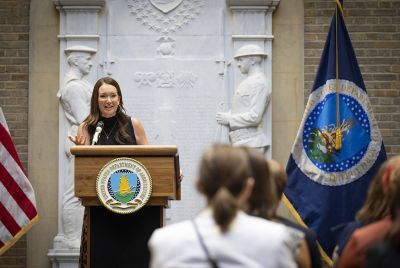Wikileaks vs Climategate: Climategate wins hands down
The latest Wikileaks "revelations" have got the internet and the media all abuzz with excitement and yet they pale into insignificance when compared with the leaked emails by a group of scientists in what came to be known as "Climategate".
Before Wikileaks released the secret US embassy cables the world was promised that the leaks would be some groundbreaking moment in international diplomacy.
Certainly they have created a storm, but what have they told us? Well we now have apparent confirmation that Arab countries are not too keen on Iran going nuclear, Turkey is a little too close for comfort to Islamism, Kim Jong Il is weird, Silvio Berlusconi is a play boy, the Russian government has mafia links and members of the British royal family sometimes make "inappropriate" remarks about foreigners.
Forgive me for being cynical but which of these did we not know already? No doubt the next big Wikileaks release will be the secret Vatican archives revealing that the Pope is after all Catholic.
None of this is going to change the world's geo-politics. It is slightly embarrassing of course that some of the detail has come into the open and it is perhaps more embarrassing that Wikileaks finds it so apparently easy to get hold of this stuff.
What may change is the way politicians, diplomats and officials deal with each other. Fearing that words that previously would have been kept private may somehow become public, public officials may now feel wary and constrained when doing business with each other. This may not necessarily be a good thing.
Compare today's revelations with those of just over a year ago, when emails from the Climatic Research Centre at the University of East Anglia were hacked and brought into the public domain.
The emails, which talked of using "tricks" to "hide the decline" in global temperatures and in which scientists appeared to be trying to avoid freedom of information requests, led to a noticeable shift in the politics of climate change.
The scandal broke just a few weeks before world leaders were due to meet in Copenhagen, for much hyped talks aimed at averting a climate catastrophe. The meeting proved to be largely ineffective at making any kind of deal, perhaps in part because some participants felt the science had been undermined by the scandal, yet despite this the world as we know it has managed to continue thus far.
The Climategate affair appeared to also have real political consequences when in Australia the then leader of the opposition Liberal Party, Malcolm Turnbull was ousted by the current leader Tony Abbott, due in no small part to Turnbull's belief in man-made global warming. Abbott later came close to becoming Prime Minister of Australia in this year's elections in the country, but narrowly lost out to Julia Gillard.
Meanwhile in Britain, while all major parties still profess a belief in the urgency in dealing with climate change, public belief in climate change, appears to be waning since the Climategate emails.
According to a survey conducted earlier this year by Cardiff University, only 71 per cent of people believe in climate change, down by a fifth from 91 per cent from 2005. While this has yet to translate into political change it may increasingly do so as energy bills go up during ever colder winters and at a time of economic difficulty.
So while the Wikileaks files may be interesting, embarrassing and even entertaining, they are not a patch on the Climategate emails, which have had a real impact on the public's attitude to climate change, and even on real political events.
© Copyright IBTimes 2025. All rights reserved.




















